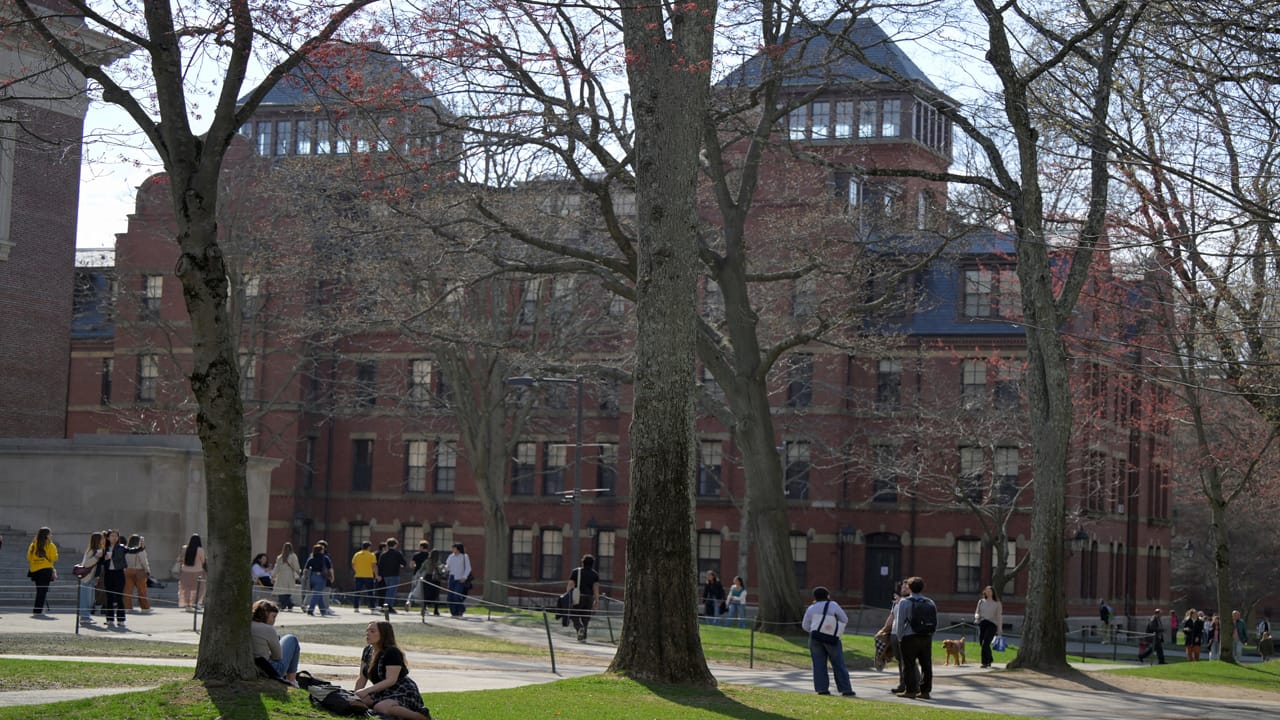The Trump administration in the US is escalating its standoff with Harvard University by threatening to withdraw an additional $1 billion in federal funding for health research after the university publicly rejected a set of government demands. The funding cut comes on top of a previously announced $2.26 billion freeze, following Harvard’s refusal to accept oversight terms related to antisemitism policy, admissions, and hiring, the Wall Street Journal reported.
The dispute intensified after Harvard released a letter from the administration’s new Task Force to Combat Anti-Semitism, which outlined controversial conditions for maintaining federal support. Trump officials had believed the list of demands was a confidential starting point for negotiations, and were caught off guard when Harvard made the letter public on Monday. A clash over oversight and ideology According to people familiar with the matter, the demands included federal control over hiring, admissions policies, and ideological alignment on campus.

Harvard leadership found the April 11 letter to be far more intrusive than a previous communication dated April 3 and viewed it as a final, non-negotiable offer. Harvard President Alan Garber stated the university would not agree to government oversight that effectively regulates the institution’s internal governance. In an open letter to the Harvard community, Garber said the task force’s proposals indicated that the administration was not genuinely interested in cooperative solutions to campus antisemitism.
"We have informed the administration through our legal counsel that we will not accept their proposed agreement," he wrote. Retaliation and reputational battle After Harvard's public rejection, the White House not only froze billions in health research funding but also threatened to challenge the university’s tax-exempt status and ability to enrol international students—actions that could severely affect its financial stability and global standing. According to sources, the task force is now under pressure to defend its legitimacy after its demands received bipartisan criticism for government overreach.
Unlike Columbia University, which accepted a similar set of demands in exchange for reinstatement of $400 million in funding, Harvard has positioned itself as a public symbol of resistance. Trump officials are now questioning whether Harvard ever intended to negotiate. Dispute over confidentiality The administration maintains that discussions with Harvard were meant to be private and that the letter was mistakenly sent a day earlier than planned.
However, Harvard disputes that any agreement about confidentiality existed. The university had already spent months implementing internal reforms to address antisemitism and believed it was in alignment with the broader goals of the task force—until the April 11 letter introduced what it considered unacceptable conditions. The White House insists that it remains open to dialogue but has doubled down on demands for sweeping structural change at Harvard.
“Instead of grandstanding, Harvard should focus on rebuilding confidence among all students, particularly Jewish students,” a White House spokesman said. President Garber, however, warned that the broader implications of the government’s proposals go far beyond antisemitism. He argued they would amount to direct political control over a private educational institution, setting a dangerous precedent for academic freedom nationwide.
.
Politics

Trump administration threatens $1 billion more in cuts amid deepening standoff with Harvard














